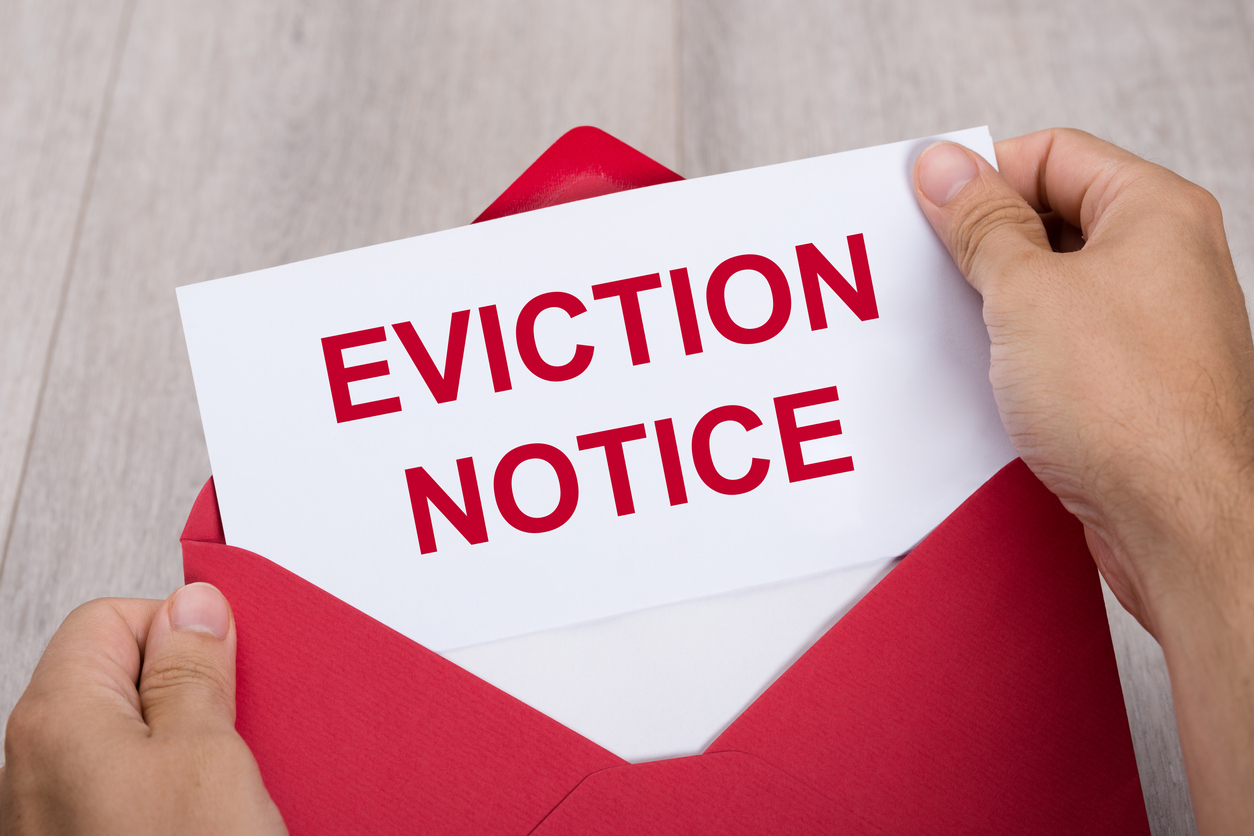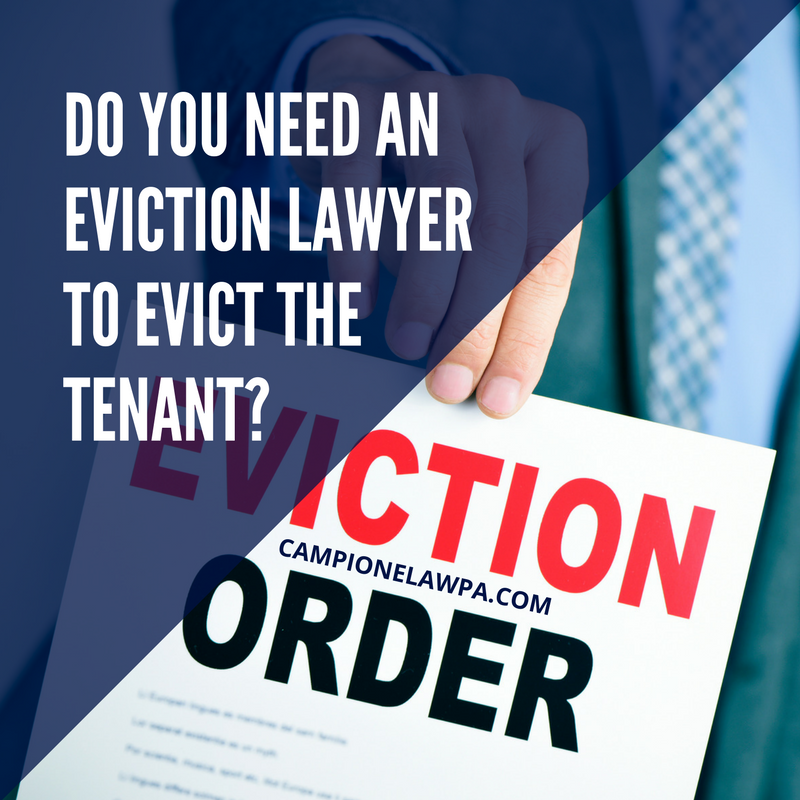As a landlord or renter in Delaware, it is crucial to get a good knowledge of eviction regulation. Eviction is a legal procedure for removing a tenant coming from a hire house, and there are specific laws and regulations in position to guard both tenants and landlords. Within this article, we will protect the basics of delaware eviction law and answer probably the most commonly questioned questions.

Reasons behind Eviction in Delaware
A property owner could only legally evict a tenant when they have a sound cause, such as non-repayment of lease, violating the hire contract, or carrying out unlawful routines in the house. If your landlord wants to evict a renter with no justified reason, it is deemed an prohibited eviction. In Delaware, a property owner must offer composed observe on the tenant before filing for eviction.
Eviction Method in Delaware
The eviction process in Delaware typically begins with a created recognize for the renter. When the renter falls flat to comply with the discover, the property owner are able to file for eviction in the court. The tenant will receive a courtroom summons and enjoy the ability to participate in a ability to hear to question the eviction. When the courtroom rules in support of the landlord, a writ of property may be given, along with the local sheriff will enforce the eviction.
Tenant Representation in the courtroom
Renters have the right to legal reflection throughout an eviction ability to hear, and it’s encouraged they search for legitimate advice before attending. When a renter is unable to pay for an attorney, they might be able to locate free of charge or low-cost legitimate help services in Delaware.
Renter Protections in Delaware
Delaware regulation provides certain protections for renters in the eviction process. By way of example, a landlord cannot physically get rid of a renter or their valuables in the house with out a courtroom order. Renters also provide the right to challenge an eviction in court and ask for more time to vacate the premises.
Landlord Duties in Eviction Circumstances
Landlords in Delaware have certain commitments in the eviction procedure. For example, they should offer written observe for the tenant before filing eviction and cannot alter the hair or turn off resources to make the tenant to vacate your property. If a landlord violates a tenant’s rights in the eviction approach, they could be at the mercy of legal penalty charges.

Conclusion:
To summarize, understanding eviction rules in Delaware is vital for property owners and renters. In case you are a landlord, it is important to stick to the legitimate process for eviction and ensure that you have a acceptable reason for doing so. Renters should know about their rights in the eviction procedure and may choose to seek out authorized counsel. Using a fundamental comprehension of eviction regulation in Delaware, both property owners and renters can safeguard themselves and avoid needless legitimate quarrels.
